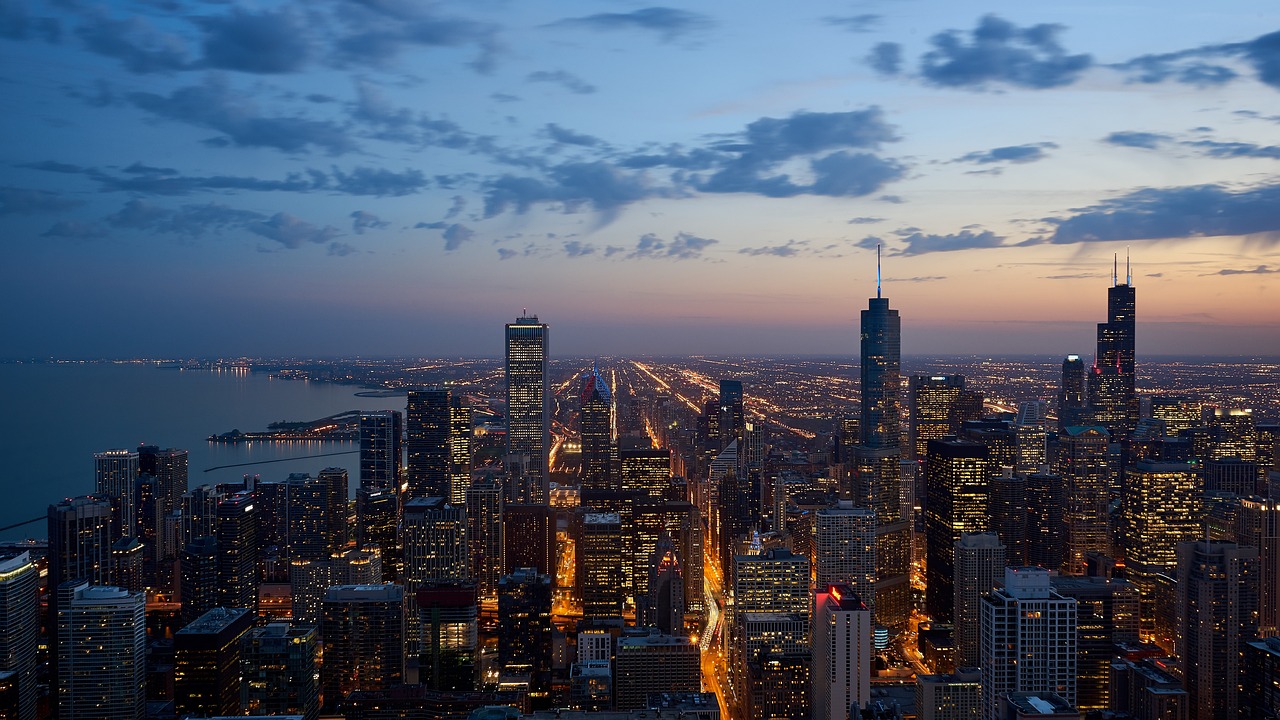Politics. The word often triggers images of suited individuals in grand halls making decisions that feel disconnected from our daily existence. It’s easy to dismiss it as a realm reserved for the powerful, but the reality is starkly different. Politics, in its simplest form, isn’t just about governance; it’s woven into the very fabric of our lives, influencing everything from the roads we travel to the air we breathe.
Consider this: Have you ever been stuck in traffic on a congested road, frustrated by the slow crawl of vehicles? That’s a political issue. Decisions about infrastructure, funding, and urban planning impact the quality of our commutes.
Let me paint a picture with a familiar scenario: Imagine waking up and switching on the tap, expecting water to flow. The water you use for your morning routine isn’t solely a result of pipes and valves. It’s also the product of political decisions about water resource management, infrastructure development, and environmental policies.
Perhaps you’ve faced difficulties in accessing affordable healthcare or education. These challenges are not isolated; they are intertwined with political choices regarding public services, funding allocations, and policy frameworks.
In our everyday interactions, politics lurks in the background, influencing the products we buy, the prices we pay, and the rights we have. Even seemingly personal decisions, such as the food we consume or the safety of our workplaces, are shaped by political regulations and policies.
Consider the price fluctuations in groceries or the policies around minimum wage – these directly impact our budgets and livelihoods. The laws that protect workers’ rights or address issues like discrimination in the workplace are all products of political decisions.
Sometimes, the impact of politics can be subtle, overshadowed by our immediate concerns. But these seemingly distant decisions have a profound impact on our lives, whether we notice them or not.
It’s not just about big national or global issues; local politics matter just as much. The decisions made by your town council or local representatives influence community services, schools, parks, and even the zoning regulations affecting your neighborhood.
So, why does all this matter? Because understanding the role of politics in our daily lives empowers us. It encourages us to engage, to ask questions, and to hold those in power accountable. It reminds us that our voices matter, that our votes count, and that we have the ability to shape the direction of our society.
In conclusion, politics isn’t confined to parliamentary debates or international summits. It’s intricately entwined with our daily routines, impacting the quality of our lives, the opportunities we have, and the futures we envision. Embracing this understanding allows us to navigate this complex world with a clearer lens, enabling us to participate more actively in shaping our collective destinies.
Let’s remember, the choices made in the corridors of power reverberate through the streets of our communities and into the homes of every individual. Politics matters. It matters to you, to me, and to all of us.

Leave a Reply